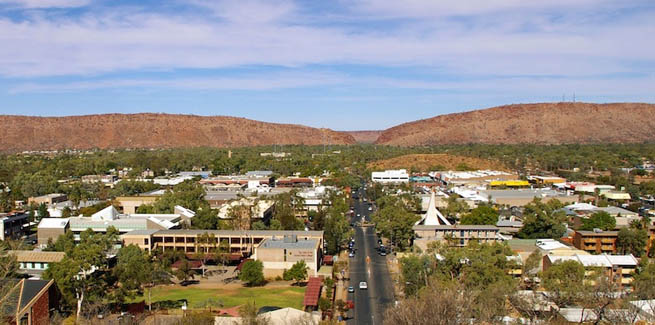New research from the First Nations Foundation (FNF), the Centre for Social Impact (CSI) and NAB has revealed that access to basic banking services continues to be a struggle for Aboriginal and Torres Strait Islander Australians, even for those who are starting to build financial resilience.
Of the 620 Indigenous Australians surveyed, an alarming 75 per cent had difficulty accessing help from financial services providers (such as a bank or financial counsellor) in the last 12 months, with 70.9 per cent having low or moderate financial knowledge and behaviour.
When describing the difficulties they’ve experienced in accessing services, participants referenced long wait times for appointments, limited knowledge of what products or services banks offered, shame in asking for help, high cost of support, and lack of trust, according to the Money Troubles: Financial resilience among Aboriginal and Torres Strait Islander Australians report.
Further, the research showed that 41 per cent of Indigenous Australians had borrowed credit from a bank or Centrelink over the last year, while 27 per cent said they did not need or want to use credit, 11 per cent needed credit but couldn’t get it, and 23 per cent used credit from a high-cost lender like a payday loan or pawn broker.
“We need to support people who are financially excluded to avoid predatory or high-cost products that lock them into perpetual poverty,” Professor Kristy Muir, the CEO of CSI, said.
Just one in 10 participants was found to be financially secure or have a lot of resources to help handle money troubles, with just two in five saying they could get $2,000 in one week in case of an emergency and half of respondents indicating that they do not have any money saved.
Nearly half of the Indigenous Australians surveyed, or 49 per cent, had scores that point to severe or high levels of money stress, with half expressing difficulty in meeting living expenses like paying for rent, food or electricity.
Another key research finding pertains to the attitude of Aboriginal and Torres Strait Islander Australians towards finance, with many focusing on the wellbeing of their family and community rather than individual wealth and accumulation of money or assets.
“For First Nations people, the idea of financial wellbeing is viewed through the lens of family and community. It’s not just confined to dollars, it’s how well an Indigenous family and the community around it are faring,” Amanda Young, CEO of the FNF, said.
“The report highlights a revealing, but not unexpected, fact that one in two experiences financial stress. That is why 75 per cent give money to family and friends.
“This research has the potential to reframe the conversation in Australia on what we truly value.”
During the fourth round of royal commission hearings, Nathan Boyle from the Indigenous Outreach Program of the Australian Securities and Investments Commission provided statements, saying: “Sometimes we see financial services [entities] have policies about the types of questions that are asked and they can only ask questions in a certain way, which might not make sense to an Aboriginal person in a remote community.”
Mr Boyle explained that a question like, “What number is on the front of your house?” would make more sense to people living in remote communities than, “What is your street address?”
Commissioner Kenneth Hayne said in his final report: “A telephone service, no matter its efficacy, is not capable of solving all of the issues impeding access to banking services, whether by Aboriginal and Torres Strait Islander people or by others living in remote areas.
“It could only ever form part of a range of initiatives directed towards improving access.”
The commissioner also recommended that the Banking Code include that, “If a customer is having difficulty proving his or her identity, and tells the bank that he or she identifies as an Aboriginal or Torres Strait Islander person, the bank will follow AUSTRAC’s guidance about the identification and verification of persons of Aboriginal or Torres Strait Islander heritage”.
However, in order to truly combat the challenges ahead, Ms Young said the support of the entire financial services industry, as well as the involvement of Indigenous Australians, are needed to “help develop a roadmap to an inclusive financial future”.
[Related: Hayne report ‘disappointing blow’ for Indigenous Australians]

